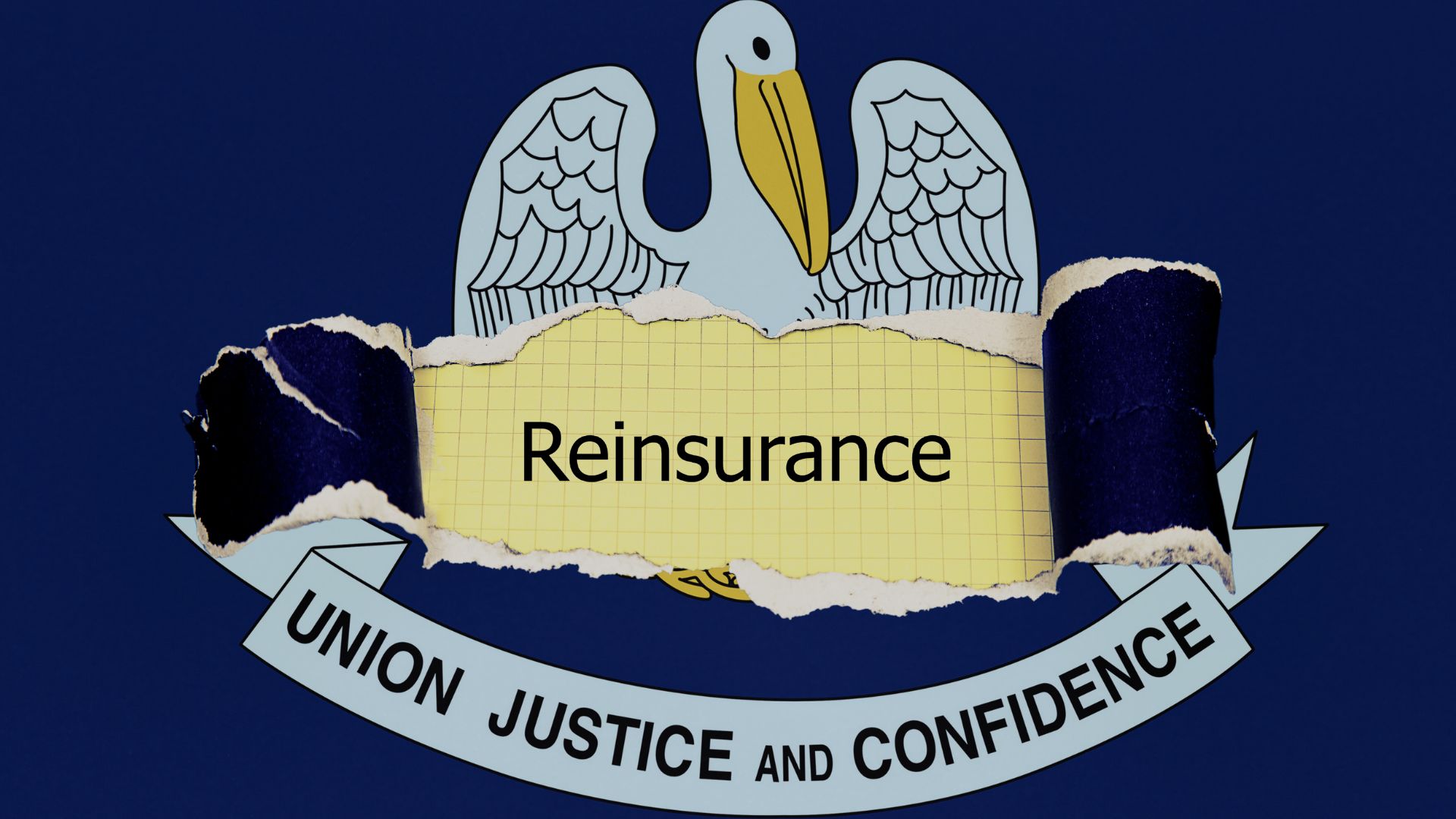Industry Pushes Back Against Louisiana’s Proposed State Reinsurance Program
A new Louisiana bill aiming to establish a state-backed catastrophe reinsurance program is sparking heated debate between lawmakers and industry leaders. Proponents believe the fund, supported by state-issued bonds, could stabilize the state’s fragile insurance market amidst escalating climate risks. Critics, however, argue it might backfire, shifting costs rather than solving the deeper issues.
The proposed program would serve as a financial safety net for insurers, designed to absorb some of the catastrophic losses from hurricanes and other disasters. Advocates point to the state’s recent struggles, with four major hurricanes between 2020 and 2021 causing a colossal $75 billion in damages. The hope is to retain insurers that are scaling back coverage or pulling out entirely, leaving Louisiana homeowners with skyrocketing premiums.
Insurance Commissioner Tim Temple supports broader reforms, but the industry isn’t sold on this particular piece of the puzzle. Trade groups warn that a state-run fund could unsettle private market dynamics. “This could inadvertently put taxpayers on the hook for massive liabilities,” said one industry spokesperson.
Echoing their skepticism, some opponents recall similar programs in other states that ended up struggling under financial strain. Instead, insurers advocate for systemic changes, like loosening regulatory reins to foster competitiveness.
Still, the state’s insurance woes aren’t theoretical for many residents. Premiums in Louisiana are among the highest in the country, devouring an average of 16% of household income. At least 12 insurers have gone bankrupt since the 2020 hurricane season, leaving thousands of policyholders scrambling for coverage.
Sharon Matthews, a New Orleans homeowner, said her family’s flood and homeowner premiums are so high that they’re debating a move out of state. “I get the need for reform, but who’s going to help families now?” she asked.
In Louisiana, the average annual premium for full coverage car insurance is approximately $3,994, which is 49% higher than the national average. For flood insurance in New Orleans, the average cost is around $750 per year, though this can vary significantly based on the specific flood risk of the property.
Louisiana Insurance Bill 672 Insurance News Breakdown
- What is House Bill 672?
-
- A proposed law introduced by Representative Edmond Jordan to address Louisiana’s growing insurance crisis.
- It creates the Catastrophe Reinsurance Program to help insurance companies deal with hurricane and disaster-related property losses.
- How does it work?
-
- The program will be funded through catastrophe bonds issued by the State Bond Commission.
- These bonds shift financial risks to broader financial markets instead of relying on state funds.
- What are the goals of the bill?
-
- Stabilize rising insurance premiums, especially for homeowners in high-risk, disaster-prone regions.
- Make insurance more available in areas where it’s currently hard to get coverage.
- Reduce insurers’ financial strain, encouraging them to offer broader policies.
- Why do supporters like it?

-
- It could provide relief for homeowners facing unaffordable premiums or limited policy options.
- Risk is spread across financial markets, lowering the direct financial burden on Louisiana taxpayers.
- Includes safeguards to ensure catastrophe bonds don’t fully rely on the state’s credit.
- What concerns do critics have?
-
- There’s a risk the program might fail if bond management goes wrong or losses exceed expectations.
- Insurance companies might find other ways to pass costs down to customers.
- The bill doesn’t address deeper issues like climate resilience or improving building codes.
- Where is the bill now?
-
- It’s currently being reviewed by the House Committee on Ways and Means.
- A vote in the House is expected by early May. If passed, it will move to the Senate for further consideration.
- What could this mean for Louisiana?
- The bill offers hope for more stable insurance costs and wider access to coverage in high-risk areas.
- Whether it succeeds will depend on careful management and addressing larger systemic problems in Louisiana’s insurance system.
With some lawmakers suggesting tweaks to the bill, the coming weeks could see new compromises emerge. One thing’s clear, though—Louisiana’s insurance crisis isn’t going away without a fight.


